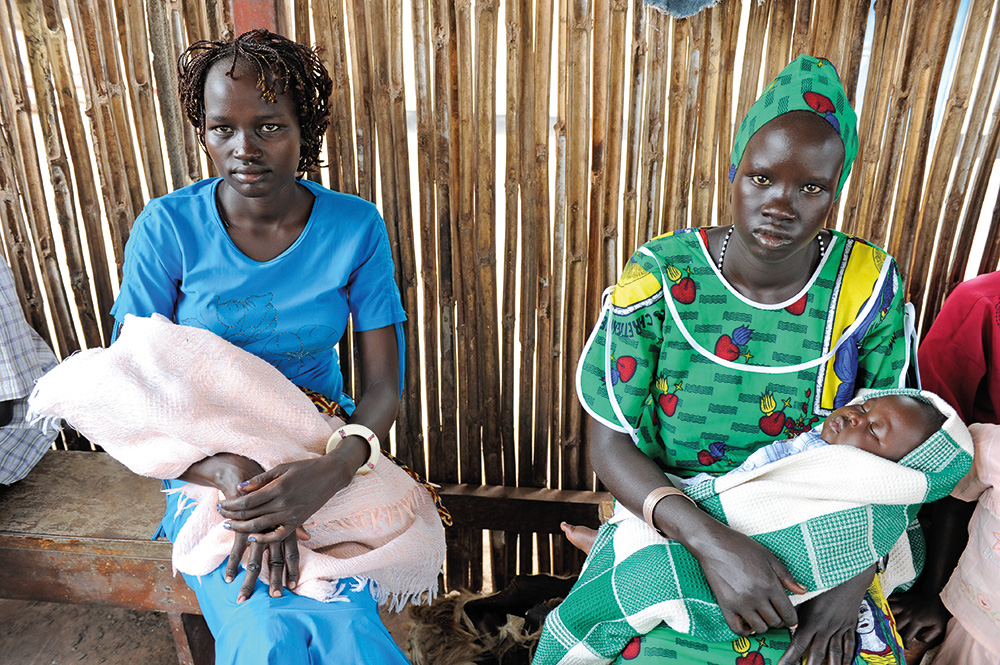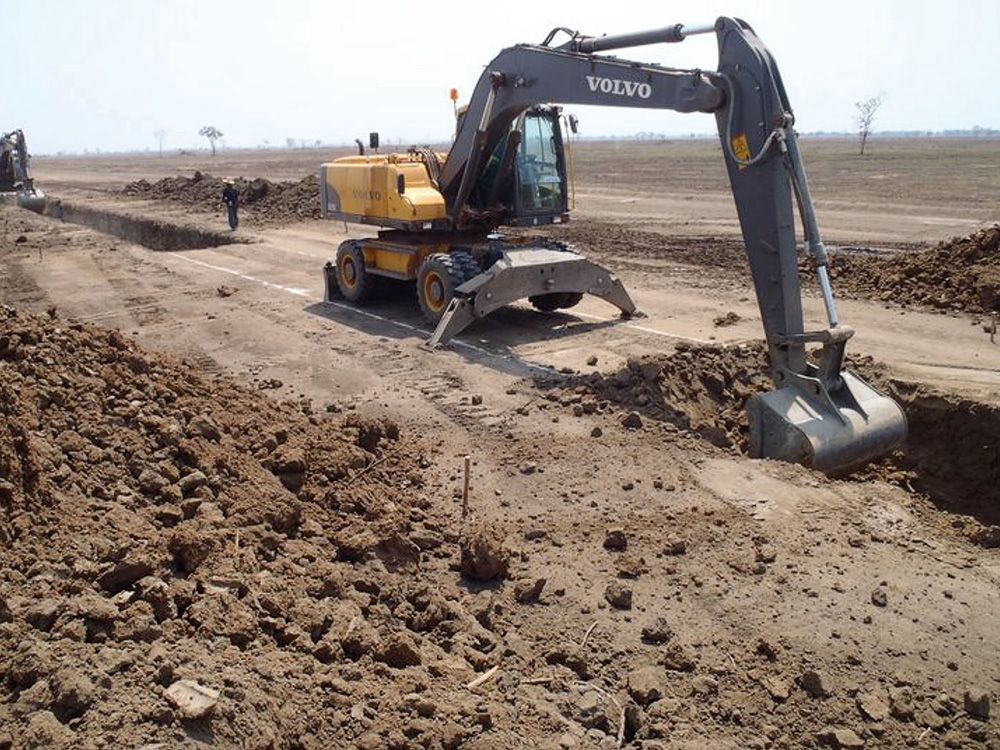Location
The international journal Rural 21 has dedicated more than 40 years to all topics surrounding rural development. Its ambition is to further those strategies and policies that strengthen rural areas of developing and newly industrialising countries and encourage their implementation. The journal addresses the complete range of relevant themes – from agriculture and fisheries via capacity building and education through to health and social security, energy supply and trade. Center-stage is always devoted to inquiring into how measures and strategies can contribute to global food security and to reducing poverty.
Rural 21 desires to further the dialogue between science and politics, the private sector, civil society and practitioners. Two platforms are designed for this purpose: Rural 21 in print is published four times a year, each issue highlighting a specific focus of rural development – this print edition is read in more than 150 countries. In parallel, Rural 21 online keeps the rural development community up to date on news and events, scientific findings and other print and online publications.
Rural 21 is published by DLG-Verlag GmbH in Frankfurt/Germany. Financial partners are BMZ (German Federal Ministry for Economic Cooperation and Development), GIZ (Deutsche Gesellschaft für Internationale Zusammenarbeit), DLG (German Agricultural Society – Deutsche Landwirtschaft-Gesellschaft), SDC (Swiss Agency for Development and Cooperation) and Helvetas Swiss Intercooperation.
The first issue of Rural 21 dates back to 1968. From 1974 to 2007, the journal was published in three languages entitled "entwicklung & ländlicher raum" / "agriculture & rural development" / "agriculture & développement rural". In 2008, the journal was relaunched as "Rural 21".
Members:
Resources
Displaying 56 - 60 of 319Livestock matter
Livestock are critical to building sustainability in food and agriculture. Current and future livestock sector development needs to produce more, from less, and in ways that benefit all. Solving the sector’s challenges requires stakeholders to find common ground and to join forces towards continuous practice change. The Global Agenda for Sustainable Livestock is one example of these new ways of working.
Linking poor livestock keepers to markets
The growing global demand for animal products also offers poor livestock keepers the opportunity to switch from the subsistence to the market economy. Our author gives an account of three approaches in the meat and dairy sector in Africa and Asia with their respective potentials and limitations – and also warns against possible negative effects.
Mindsets for sustainability – let’s start with feed!
Nowadays it is hard to imagine European livestock production without soya-based feed. But this trend has had a massive impact on rural areas in the global South – the bulk of the soya fed to livestock in Europe is imported from Argentina and Brazil. That is not sustainable, says WWF’s Birgit Wilhelm, who advocates a change in mindset.
Pasture management in Central Asia – regional learning for reform
The former Soviet Central Asian republics have undergone de-intensification of their livestock sectors, resulting in an increased reliance on natural pastures. Property rights systems are key to the sustainable management of this resource. However, as the authors demonstrate, it is not easy to implement the respective reform processes.
Animal husbandry in cities – using potentials, reducing risks
Not only rabbits and guinea-pigs but sheep, goats, cattle and pigs also play a crucial role in the food and income situation of countless city-dwellers world-wide. However, when people and animals live in such close proximity, health risks are inevitable. But instead of banning urban animal husbandry, as was, for example, considered in the course of the swine influenza epidemic, framework conditions ought to be created that enable people to make use of this business branch to earn a profit without running risks.





